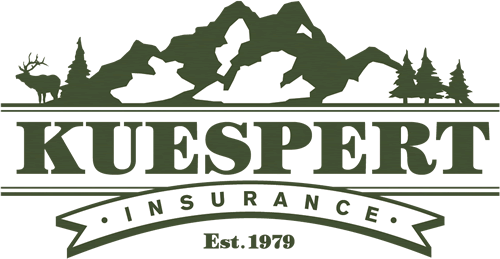What Does Auto Insurance Cover?
Auto insurance is essential for protecting yourself, your vehicle, and others on the road. Understanding the various types of coverage included in an auto insurance policy can help you make informed decisions and ensure you have the protection you need. Here’s a comprehensive look at what auto insurance typically covers:
1. Liability Coverage
Definition: Liability coverage is the most fundamental type of auto insurance and is required in most states. It covers the costs associated with injuries and property damage that you may cause to others in an accident.
Components:
Bodily Injury Liability: Covers medical expenses, lost wages, and legal fees if you are responsible for injuring someone in an accident.
Property Damage Liability: Pays for repairs or replacement of another person’s property (such as their car) that you damage in an accident.
2. Collision Coverage
Definition: Collision coverage pays for damage to your own vehicle resulting from a collision with another vehicle or object, regardless of who is at fault.
Benefits:
Repair Costs: Covers the cost of repairing your vehicle after an accident.
Total Loss: If your car is totaled, collision coverage will pay the actual cash value of your car, minus the deductible.
3. Comprehensive Coverage
Definition: Comprehensive coverage protects your vehicle against non-collision-related damage. This includes damage from theft, vandalism, natural disasters, and other events beyond your control.
Examples of Covered Events:
Theft: If your car is stolen, comprehensive coverage can help pay for a replacement.
Weather Damage: Covers damage from hail, floods, hurricanes, and other weather events.
Vandalism: Pays for repairs if your car is vandalized.
Animal Collisions: Covers damage from hitting an animal, such as a deer.
4. Uninsured/Underinsured Motorist Coverage
Definition: This coverage protects you if you are involved in an accident with a driver who either does not have insurance or does not have enough insurance to cover the damages.
Types:
Uninsured Motorist Bodily Injury (UMBI): Covers medical expenses, lost wages, and other injury-related costs if an uninsured driver hits you.
Underinsured Motorist Bodily Injury (UIMBI): Steps in when the at-fault driver’s insurance limits are too low to cover all your medical expenses.
Uninsured/Underinsured Motorist Property Damage (UMPD/UIMPD): Covers damage to your vehicle if the at-fault driver lacks sufficient insurance.
Optional Coverages
Beyond the standard coverages, many insurance companies offer additional options to enhance your policy:
Medical Payments Coverage (MedPay): Pays for medical expenses for you and your passengers, regardless of who is at fault.
Personal Injury Protection (PIP): Similar to MedPay but more comprehensive, covering medical expenses, lost wages, and other related costs.
Rental Reimbursement: Covers the cost of renting a car while your vehicle is being repaired after a covered accident.
Roadside Assistance: Provides help if you’re stranded due to a breakdown, flat tire, or other issues.
Conclusion
Auto insurance is a critical tool for protecting your financial well-being and ensuring peace of mind on the road. By understanding the different types of coverage—liability, collision, comprehensive, and uninsured/underinsured motorist—you can tailor your policy to meet your needs. Additionally, considering optional coverages can provide even greater protection and convenience. Always review your policy details and consult with your insurance agent to ensure you have the appropriate level of coverage for your specific situation.

